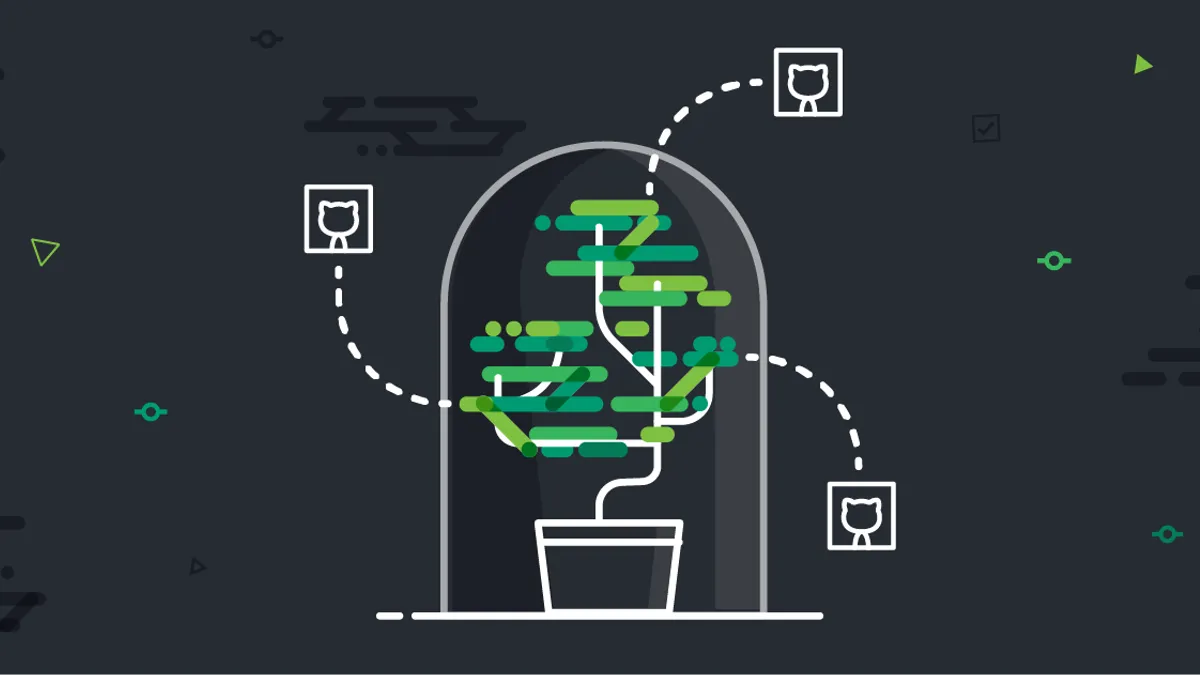Dive Brief:
-
In the past Microsoft rejected the idea of open source software because of "fear," said Nat Friedman, the incoming CEO of GitHub, in a Reddit "Ask me anything" (AMA) last week. The enterprise development tide has started to shift toward open source, and more companies are looking toward the flexibility it offers.
-
When the acquisition was announced last week, many developers threatened to move their code off GitHub and onto a competitor, such as GitLab, which saw a spike in the normal daily amount of repositories. "Developers are independent thinkers and will always have a healthy degree of skepticism, but I admit I was sad to see that some felt compelled to move their code," Friedman said. Committed to earning the trust of the developer community, Friedman touted Git's flexibility for allowing developers to move their code around. In the end, if developers choose not to return their code to GitHub, "that's their prerogative."
-
Though he won't officially take over until the deal closes at the end of the year, Friedman will have a lot of "power" to ensure GitHub does the right things for the developer community, he said. "Because if Microsoft screws this up, we will lose the trust of developers for a generation."
Dive Insight:
Migrating code off of GitHub was a knee jerk reaction born from the developer community's lack of trust in the influence of corporations on code. Some hesitancy is justified, as evidenced by Oracle's acquisition of Sun Microsystems and the eventual fate of Java.
But, as Friedman noted in the AMA, the amount of users who migrated and closed their accounts is "extremely small." Instead, GitHub saw a "surge" in signups.
With more than 24 million developers, GitHub is the leading developer community. Code written on its platform underlies much of modern computing and with open source, each line of code can serve as a building block for future development.
Once the deal is closed, Microsoft will have access to the vast developer community, which help entice more developers to experiment with its code, a potential boon for Azure development.
Key to the acquisition is the deal isn't just good for Microsoft — it's good for the development community too. Microsoft can help mature and grow the platform, making it easier to use and more efficient for enterprise integration.













